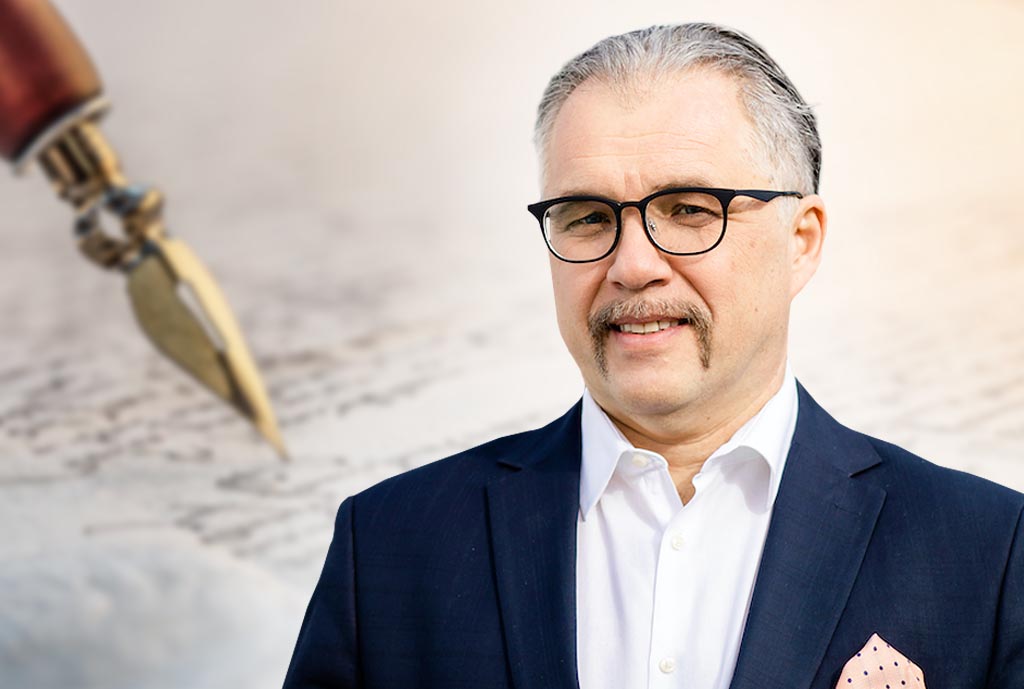By: Edvard Kadič
The demographic future of Europe has become one of the most pressing challenges facing the entire old continent. The number of inhabitants is not only crucial for individual countries but is a central component of social and economic balance. Unfortunately, Europe and the West are currently grappling with a significant demographic decline, which threatens the foundations of our society. Analysts have long been warning about the potential consequences of declining birth rates. Some members, such as Croatia, are already facing the serious possibility of having to make significant changes to the pension system by 2035 due to a lack of contributions. However, the European Commission remains silent and without concrete answers.
Dr Boštjan M. Turk warned about this topic in one of his recent articles for Portal24, emphasising that the upcoming elections to the European Parliament are crucial at this time. In his analysis, he stressed that the forthcoming elections will actually be the last opportunity for Europe to reconnect with its citizens. However, this will not be possible solely through a change of personnel, but rather by addressing the pathological phenomena that have become part of European daily life alongside the current political team. Instead of actively tackling the problem, Europe seems to be opting for a passive monitoring approach in Brussels. This passivity or even ignoring of the problem by European institutions leaves many member states without adequate guidance or support in facing the challenges posed by demographic decline. Therefore, political leaders must be encouraged to take action. They must realise that the demographic crisis is not something that will disappear on its own. Concrete and thoughtful policies and measures are needed to boost fertility, ensure social security for all generations, and enable sustainable growth and development in Europe.
EUROPEAN LIFE AS WE KNOW IT IS RAPIDLY DISAPPEARING. IN TEN OR FIFTEEN YEARS, EUROPE WILL BE DEMOGRAPHICALLY COMPLETELY DIFFERENT, NOT FOR THE BETTER OF EUROPEAN NATIVES.
In Europe, we must face the reality as soon as possible that the decisions we make today will be felt in the future. Now is the time for European institutions and national governments to come together and find solutions that will ensure the future of our continent. The issue of population size is crucial not only for individual countries but for the entire continent. Interestingly, Dr Turk points out that there is a case of good practice within the European Union, one that could serve as inspiration for solving this problem across the continent. Hungary, an EU member, has managed to increase the fertility rate to 1.9 children per woman in the last year, which is close to the level that allows for a stable population and sustains pension systems. Paradoxically, it is Hungary, often criticised by Brussels, that has achieved this. Instead of blindly accusing and criticising individual countries, the Brussels bureaucracy should recognise and support successful approaches that can lead to solving the common problem. Perhaps it would be beneficial for European institutions to consider the ancient wisdom expressed in Pietro Breughel’s famous painting: “If the blind lead the blind, both shall fall into the ditch.” Rather than blind leadership, it would be better for the European Union to follow examples of successful approaches and seek solutions together with those who have already found effective solutions to demographic challenges. It is becoming increasingly clear that after this year’s elections in June 2024, mistakes will no longer be fixable.
Voters may even have the last serious opportunity to express their views on the future of Europe. Whether they want their interests and values to be put back at the forefront of the political agenda or not. If we fail to seize this opportunity, we could find ourselves writing and reading a saga of the decline of old continents, including Europe and Brussels. European Parliament elections are not just a formality, as many like to think, believing that we have no real contact with European MPs, let alone with the machinery in the heart of Brussels. This time, the elections are extremely important, even crucial for determining the direction of Europe in the future. Let us hope that together we will realise their importance and that as voters, we will know how to seize this opportunity for change and desired consequences in the future. European life as we know it is rapidly disappearing. In ten or fifteen years, Europe will be demographically completely different, not for the better of European natives.

